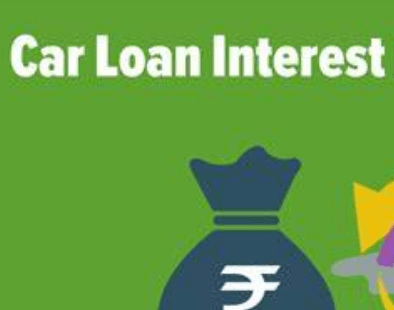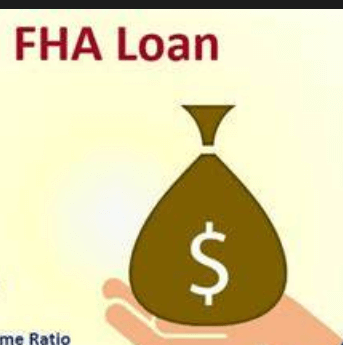A conventional loan is a type of mortgage loan that is not backed by a government entity, such as the Federal Housing Administration (FHA) or the Department of Veterans Affairs (VA). Conventional loans are typically available with either a fixed interest rate or an adjustable rate (ARM).
what is conventional loan
What is conventional loan? A conventional loan is a popular choice for many homebuyers because it offers lower interest rates. Than other loan types and may not require mortgage insurance.
A conventional loan is not a government loan. It is a loan that is not insured by the Federal Housing Administration (FHA) or Veterans Administration (VA).
A conventional loan may be a good option for borrowers with good credit and a down payment of at least 5%. Conventional loans have some of the lowest interest rates available.
The main advantage of a conventional loan is that it requires a smaller down payment than other types of loans, such as FHA loans. A conventional loan may also have a lower interest rate than an FHA loan.
The main disadvantage of a conventional loan is that it may require private mortgage insurance (PMI).
A conventional loan may not be the best option for borrowers who have a limited down payment or a lower credit score. Borrowers who are looking for a government-insured loan may want to consider an FHA loan.
1. What is a conventional loan?
You may have heard of government-backed loans, such as FHA loans, VA loans, and USDA loans. These loans are offered by government-sponsored organizations and are not conventional loans.
Conventional loans are available from many lenders, including banks, credit unions, and online lenders. The interest rate you’ll pay will depend on many factors, including:
-Your credit score
-The type of loan
-The length of the loan
-The down payment
-The interest rate
-The fees
Conventional loans can be either fixed-rate or adjustable-rate.
The requirements for a conventional loan vary by lender, but generally, you’ll need the following:
-A down payment of at least 3%
-A credit score of 620 or higher
-Stable income and employment history
-A debt-to-income ratio of 43% or less
-A history of responsible financial behavior
-A clean credit report
If you’re not sure if you meet the requirements for a conventional loan, talk to a lender. They’ll be able to help you understand the requirements and see if you qualify.
2. What are the requirements for a conventional loan?
This means that the loan requirements are set by Fannie Mae and Freddie Mac, which are government-sponsored enterprises (GSEs).
The main difference between a conventional loan and other types of mortgages is that a conventional loan isn’t backed by the government. This means that if you default on your loan, the lender can’t go to the government to recoup their losses.
To qualify for a conventional loan, you’ll generally need to have good credit and a stable income. You’ll also need to have a down payment of at least 5% of the purchase price of the home.
If you’re looking to get a conventional loan, it’s important to compare offers from multiple lenders to make sure you’re getting the best deal.
3. How does a conventional loan differ from other loan types?
This means that the loan requirements are stricter than government-backed loans, and the interest rates may be higher.
The terms of the loan, including the interest rate, are negotiated between the borrower and the lender.There are several types of conventional loans, including conforming and non-conforming loans. Conforming loans meet the guidelines set by government-sponsored enterprises (GSEs), such as Fannie Mae and Freddie Mac. Non-conforming loans do not meet these guidelines and are often called jumbo loans.
The main difference between conventional loans and other loan types is that conventional loans are not insured or guaranteed by the government. This means that the loan requirements are stricter and the interest rates may be higher.
Conclusion
Conventional loans are available through private lenders, and the terms and conditions of the loan are set by the lender. Because the terms of a conventional loan are set by the lender, the requirements for a conventional loan can vary from lender to lender. However, there are some general requirements that are common among most conventional loans.











